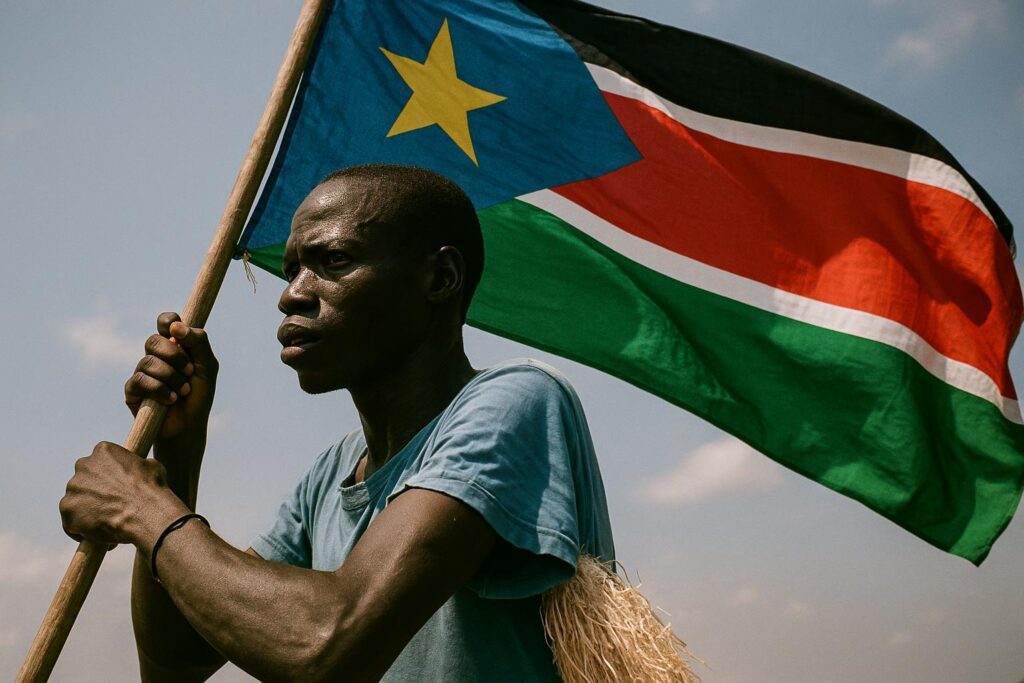Historic National Youth Policy 2025 Passes
The Transitional National Legislature has endorsed the National Youth Policy 2025, a first in South Sudan’s legislative history. Advocates hail the move as a watershed recognising that the country’s majority under thirty must be central to political, economic and social decision-making.
Demographic Dividend and Economic Promise
More than seventy percent of South Sudanese are younger than thirty, a statistic that represents both pressure and potential. Properly harnessed, youthful energy can drive entrepreneurship, agribusiness and technology, reducing reliance on humanitarian support while stimulating local markets.
The policy pledges a dedicated twenty-percent quota for youth in public offices and reserves ten percent of the national budget for youth programmes. Analysts argue that such guarantees, if honoured, could shift the nation from emergency spending toward long-term, skills-based growth.
Implementation Challenges and Funding Needs
Legislation alone cannot transform livelihoods. Funding must follow. Civil-society groups warn that previous reforms stalled once budget bills arrived. Transparent disbursement schedules and public dashboards tracking progress, they say, will prove whether the new allocations become classrooms, clinics and training centres rather than distant promises.
Vice-President Hussein Abdelbagi emphasised during debate that ‘every South Sudanese pound earmarked for youth will be audited’. His assurance has been welcomed by donors, although many still await a published implementation timetable before committing additional resources.
Reforming Youth Representation Bodies
The long-criticised South Sudan Youth Union is being reconstituted as the National Youth Council, mirroring East African Community standards. Government officials insist the new council will be non-partisan and gender-balanced, giving rural and urban youths alike an avenue to influence national planning.
Urgent Actions for Tangible Impact
Observers recommend an inter-agency task force that includes ministries, youth-led organisations and international partners to steer the first eighteen months of rollout. Such a body could coordinate training curricula, track employment indicators and flag bottlenecks before they derail momentum.
Equally vital is civic education. Communal radio, social media campaigns and road shows must explain the policy in local languages so that even remote counties understand new rights and opportunities. Informed citizens, experts argue, are the strongest guarantors of accountability.
From Legislation to Lasting Peace
A working youth policy could turn the nation’s most volatile demographic into its most stabilising force. When young people gain skills, jobs and a meaningful voice, grievances lose potency and reconciliation gains ground.
Simon Kuony Jial, a prominent youth advocate, sums it up: ‘The law gives us a seat; now we must bring ideas.’ The coming months will reveal whether South Sudan moves from celebration to transformation, and whether leadership matches the resolve of its young citizens.


